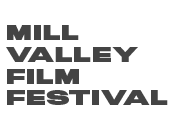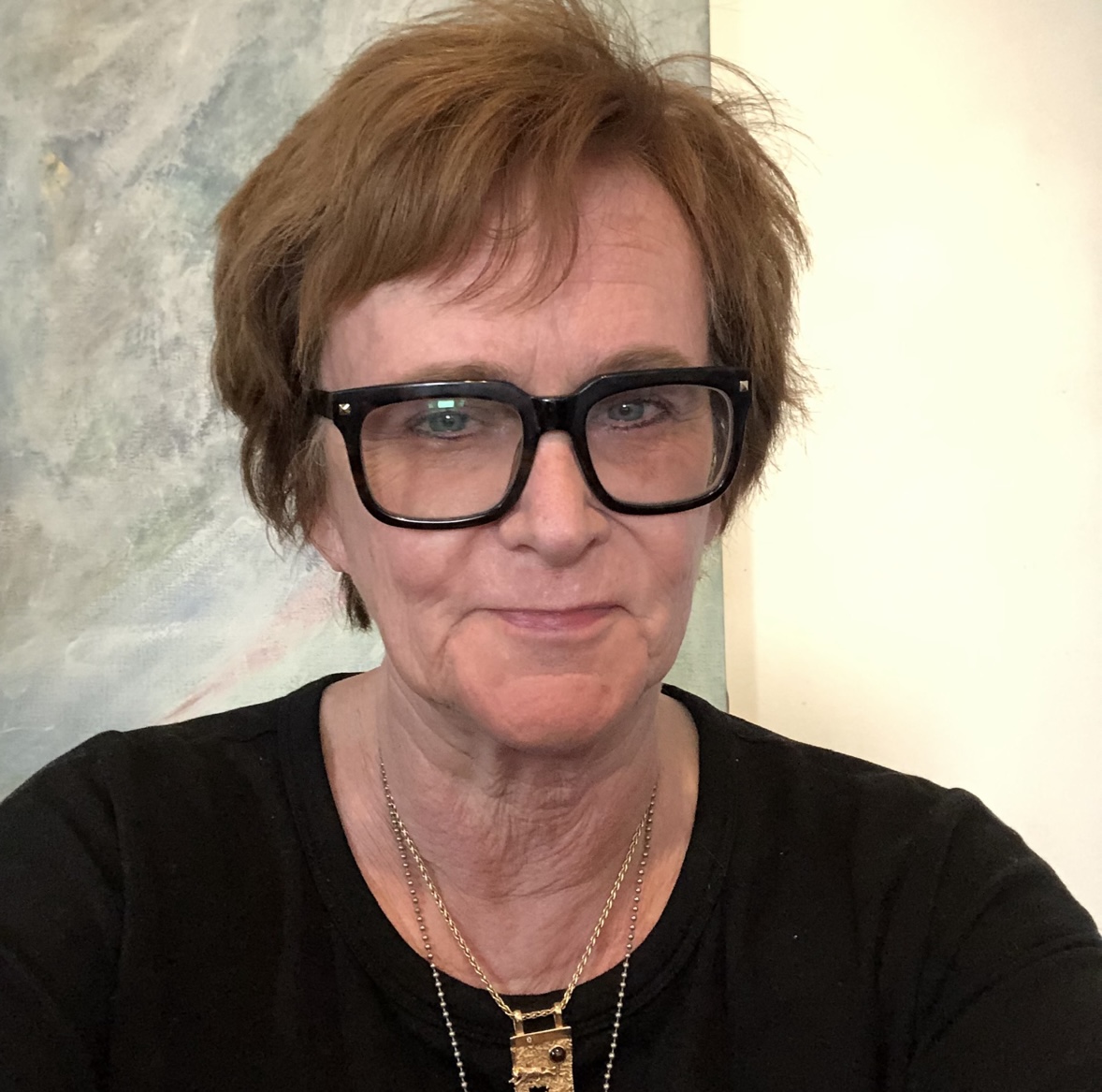MVFF THROUGH THE YEARS
LOOKING BACK ON 40 YEARS WITH MVFF DIRECTOR OF PROGRAMMING ZOË ELTON
With the 40th MVFF wrapping up in just a few days, we started getting a little nostalgic. We sat down with Mill Valley Film Festival Director of Programming Zoe Elton, who has now been with MVFF for 40 years.
How did you come to join the MVFF team 40 years ago?
MVFF was just beginning and I had just arrived from England, and a friend said to me, are you interested in working for MVFF? I thought, well, what’s a film festival? I had never been to one, but I had a background in theater, and I worked on other festivals, so I said sure. I was hired as the person who did everything that needed to be done. It was basic office work – do everything from answer phones, to write program notes. It was my initiation. In the second year Richard Jett and I picked up the video programming and we started doing a video program that went on for 15-20 years.
When did you realize that MVFF was something special?
I think when you start something, you don’t necessarily think it will last for 40 years…[There was] the basic intention that it would be an annual fest, so the intention was there from the beginning. But at the point where it really became something? Along the way, it had been a number of somethings.
Its first something was a small, 4-day long weekend in gorgeous northern California that was rooted in the Bay Area film community. And then after a few years it started to become more international. And a few more years, it grew in terms of the length – it went from a long weekend to a five-day fest, to a seven-day fest, to what it is now, an 11-day fest – so it had a gradual trajectory.
And I think it’s gone through several different phases. The first phase was the grassroots, Bay Area-centric festival, and then it grew into a festival that embraced a more international set of films, and then around the early ‘90s it began to be one of the festivals that paved the way to the Academy Awards. And I think it was probably one of the first festivals that worked through things that had often been initiated by the larger distributers like Miramax, Frame line. They were realizing that festivals like MVFF, in an area that was really known for great art-house films, could be an important launchpad for films they wanted to get Academy Awards for. Of course that has grown and grown, and it’s become a thing. We were there at the beginning of that thing.
What is your favorite memory of the Festival?
We had a Congolese filmmaker here, Mweze Ngangura. At the filmmaker party on Saturday night he told me about a film he was wanting to write about an American preacher. So I said, have you ever seen an American preacher? And he said, no, and I said, there’s this amazing church in San Francisco called Glide Memorial Church, want to go there tomorrow? He said, sure! So I phoned him at seven the next morning and went to pick him up an hour later. We went to the city, to the nine o’clock service – but if you’ve been to Glide you’ll know it’s not really a service, more of a celebration – and Cecil Williams was in full form. The Glide Choir was amazing, and then we rushed back to Mill Valley just in time for him to get the Sequoia to meet the Black Panther activist Bobby Seale, who was in a film we were showing. That was kind of great, just to have thee ability to take someone from Africa on a full tour of the San Francisco experience and get him back in time to meet Bobby Seale.
What are you most proud of at MVFF?
Currently, the Mind The Gap program. For me, as a Program Director, its always been important to be inclusive in the ways that we choose the films across the board. It really wasn’t until two years ago that I realized that – though from my perspective we’d really been trying to program films from different countries and a lot of different cultures, and to have a sensibility that would be inclusive of female directors as well. First of all, not everybody was doing that. I’ve heard people called out for having three [female] filmmakers in a program of 150. And it’s shocking to me to see that happening in urban areas. It shouldn’t be happening. So we created Mind The Gap as a way of calling out people’s attention to the situation in Hollywood and in filmmaking as it relates to gender parity. I think it’s created a really interesting discussion. For us what that means is tracking the number of female directors, writers, creative, but also tracking stories that are driven by female characters with agency rather than ones that are reactive. It’s been a fascinating process that ups the ante in terms of the ways that we look at films and talk about films. So my hope is that filters into our audience and as many people as possible.
What are you most looking forward to at MVFF?
Sleeping the day after!





